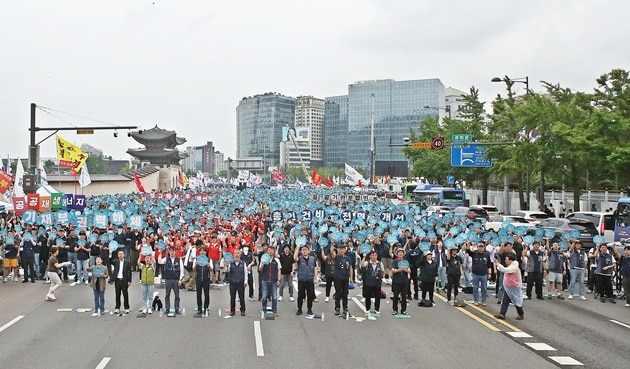During a two-day high-level conference held this week in Vienna (10th – 11th September), UNI Europa, the European trade union federation for the services sector, adopted the Vienna Declaration on working time.
The paper – ‘It is our Time: Working Time in the New World of Work –Working Time and Collective Bargaining Policy’ – was adopted as a reaction to the increasing discrepancy between the hours that workers want to work and the hours that they work in reality. More workers have to work increasingly longer hours, while others, often and involuntarily so, only have short working hours.
Against the backdrop of a new law in Austria increasing the working day from a maximum of eight to twelve hours and the working week from forty to sixty hours, UNI Europa envisages three crucial objectives to ensure that workers can better shape their working time and strengthen their autonomy.
Firstly, a fair distribution of working hours is needed. A collective reduction and redistribution of statutory working hours will benefit both overworked full-timers as well as underworked part-timers, whilst creating new employment opportunities for the almost 18 million unemployed people in the EU.
A redistribution of work must target, in particular, the imbalance between men and women, as part-time and in-work poverty still predominantly affects women. It is also essential that when working time is reduced it is, in principle, without any loss of salary. An effective regulatory framework on working time is needed based on laws and collective agreements that ensures fair working conditions and discourages precarious work.
Secondly, working time arrangements should be adjusted according to the phases of life. Many workers have important care responsibilities and struggle on a daily basis with the so-called ‘double shift’ of paid and unpaid work. Flexibility and the “right to disconnect” to encourage better work/life balance are essential.
Finally, more emphasis must be put on lifelong learning. Employers need to invest more in the training of their workforce, which will in turn increase productivity and improve employability. Moreover, every worker should be given the right to paid time off for a wide range of training opportunities.
Oliver Roethig, Regional Secretary of UNI Europa states “the current culture of working time is harming the fabric of society. Workers are either being pushed to the limit by overwork, or being denied the hours they need to work to properly provide for their families.”
“The Vienna Declaration provides some concrete solutions to radically overhaul the current working time situation and create better working conditions and autonomy for workers across Europe,” Roethig concluded.
The Vienna Declaration can be read in English, French, German and Swedish.


